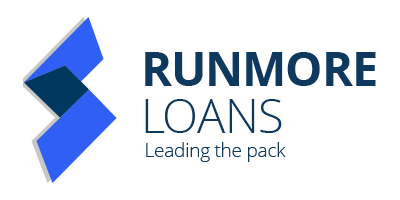One of the most common questions I get asked is how to increase one’s borrowing capacity. To answer that question I look at your borrowing capacity in relation to (a) your income servicing ability, and (b) your security (deposit). Lenders assess your maximum borrowing capacity as being the LOWER of those determined by income or security. To put it simply, you can have a million-dollar salary and no deposit or a million-dollar deposit but no income and in both cases banks will assess your borrowing capacity as zero. This article deals with one way to increase your borrowing capacity where security is the limiting factor, and that is by using a security guarantor on your loan. Using a security guarantee can allow you to borrow up to 105% of the value of the property without paying mortgage insurance (but subject to meeting income servicing requirements).
First, it’s important to understand that a guarantor is someone who is willing to use their property as security for the loan. This means that if the borrower defaults on the loan and the borrower or lender is forced to sell the property to pay back the debt, the lender can (and will) seek repayment of any outstanding loan balance (remaining after the sale of the primary security property) from the guarantor. This is a not insignificant responsibility however the lender cannot exercise this option at random and only if the borrower has not met the conditions of the loan contract.
There are only a few individuals that can act as guarantors, including a parent or sibling. The most common type of guarantor is a parent, as they are often willing to help their child get onto the property ladder.
There are several lenders that offer these types of loans and all of them have different lending criteria however there are some common elements. The guarantor must have a property asset to use as the security guarantee is the most important one. Depending on whether this is an owner-occupied and/or investment property will determine other guarantor criteria, such as whether they are working, have an independent income or can be on the pension.
It’s also important to remember that a guarantor loan is a serious commitment for both the borrower and the guarantor and should not be entered into lightly. It’s important to have open and honest communication with your guarantor about the risks and responsibilities involved and to ensure that both parties are comfortable with the arrangement. Beneficial interest and financial coercion legislation requirements also mean guarantors must either seek independent legal advice and confirm they understand their obligations when signing the guarantor contract. The good thing is the security guarantee only lasts as long as it needs to and can be discharged at any point once certain loan-to-value ratio requirements are met.
To sum up, using a guarantor can be a great way to increase your borrowing capacity because it (a) has the potential to remove the need to pay the mortgage, and (b) allows you to potentially borrow up to 105% of the property value. However, it’s important to remember that it’s a serious commitment for both the borrower and the guarantor. If you’re able to find a suitable guarantor, then a family guarantee loan can be a great way to increase your borrowing capacity and secure a loan with a lower deposit. If you have any questions or concerns about using a guarantor, I recommend speaking with a mortgage broker (like me!) for expert advice.



